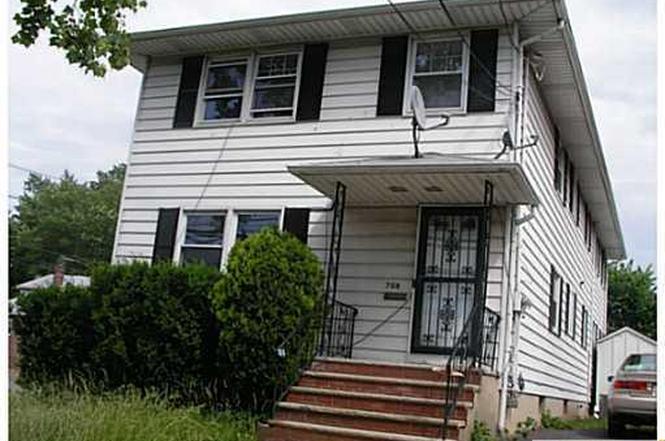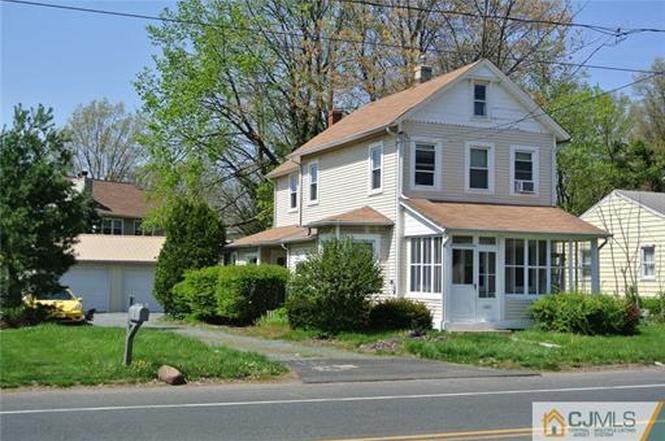

Police departments must get approval from the county prosecutor’s office to conduct a roadblock. Roadblocks, however, cannot be randomly set up by police officers. Regardless of one’s position on the constitutionality of sobriety checkpoints, American citizens are randomly stopped at DUI checkpoints throughout the country. Advanced Notice of NJ Sobriety Checkpoints Sitz, where the US Supreme Court carved out an exception to the Constitution, and allowed the use of sobriety checkpoints. The legality of DUI checkpoints went all the way to the Supreme Court in 1990, in Michigan Dept. On the other hand, advocates of DUI checkpoints argue that they are important in deterring citizens from driving under the influence, and catching those who do. Additionally, opponents of roadside checkpoints argue that these checkpoints are often a waste of law enforcement resources which could be used more effectively on other efforts.

Constitution, which states that citizens should not be subject to unreasonable searches and seizures. Sobriety checkpoints are a violation of the Fourth Amendment of the U.S.

The legality of DUI checkpoints is a controversial topic which often sparks serious debate in America.


 0 kommentar(er)
0 kommentar(er)
